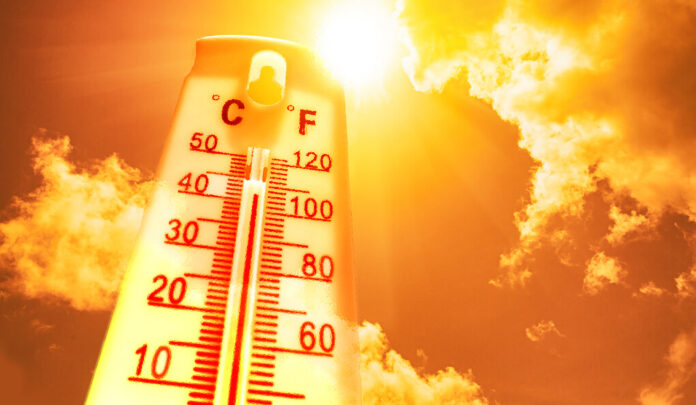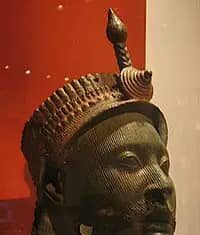By Ishaya Ibrahim, News Editor
When the Nigeria Centre for Disease Control (NDCD) reported new COVID-19 cases for June 13, 2021, to be seven, the majority of the feedback on the agency’s Facebook page where the announcement was made, mocked the number.
The reason is the false claim that COVID-19 in Nigeria is not real, with the hundreds of comments denying any existence of the pandemic in the country.
Incidentally, Nigeria has barely tested one per cent of its population. The NCDC director-general, Chikwe Ihekweazu, has also lamented that many states have not been testing enough, in a report published by the Premium Times of December 11, 2020.
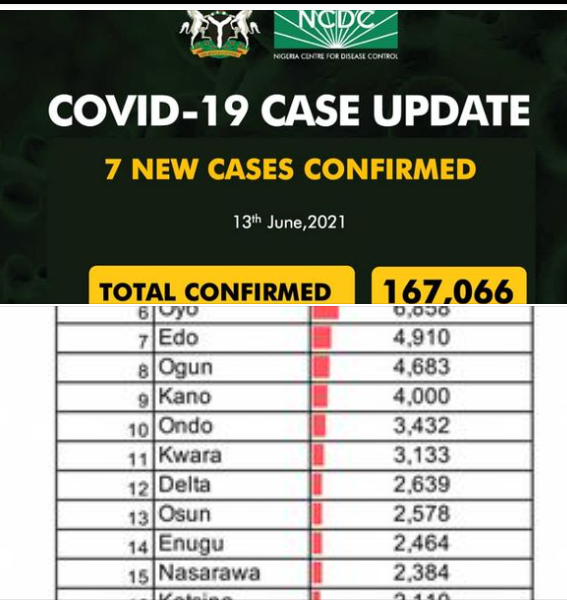
The false claims
The negative responses of Nigerians to the recent NCDC infectious data are consistent with a survey carried out by NOI Poll, a polling services firm in March 2020. The result of the poll showed that 26 per cent of Nigerians believe that they were immune to COVID-19.
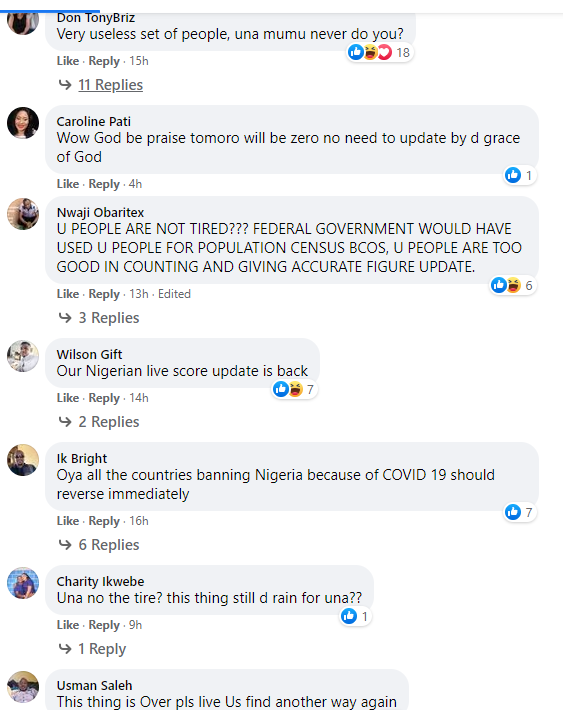
Among the group feeling immune to COVID-19 are 40 per cent who say God is the source of their immunity. Another 30 per cent think being black confers on them a strong gene against COVID-19. At least 17 per cent believe that the country’s weather makes it impossible for COVID-19 to affect them. Eight per cent say they have taken strong herbs that won’t allow COVID-19 thrive in their body.
Narrowing on hot weather
The claim that hot weather kills COVID-19 is widespread in Nigeria, a reason facemasks and social distancing are considered unnecessary preventive measures against the pandemic.
The pandemic has caused the deaths of at least 3.8 million people in the world as of June 13, 2020. Nigeria’s share of the global death is about 2,000 people, a tiny fraction of the global mortality count. This may yet be another reason many citizens are feeling immune to the virus.
Some even insist that no Nigerian has died of the COVID-19. A Nollywood actor and comedian, John Okafor, popularly known as Mr Ibu, makes this claim in The Nation Newspaper of July 15, 2020. Many other news websites and blogs have amplified it, making it go viral.
“My brother, COVID-19 or 20 is not here, I don’t care. COVID whatever is not in Nigeria. We have hot weather here; the disease is scared of us just as we are scared of it so it can’t come here,” he said.
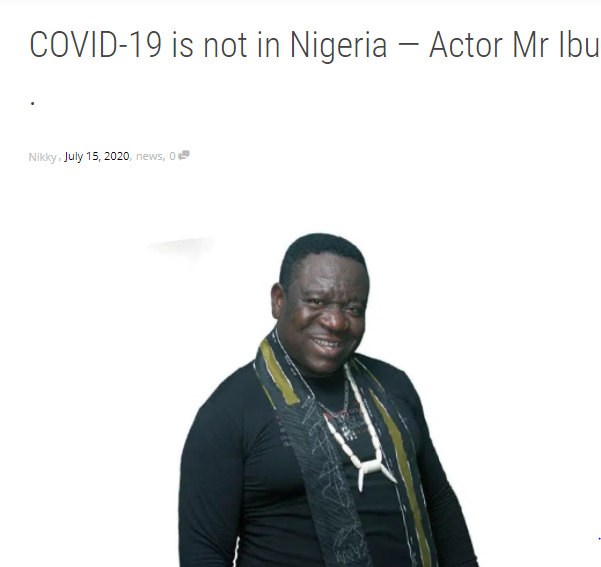
Verifying the claims
The NCDC has said that the claim of hot weather killing COVID-19 is not backed by any scientific proof. “From the evidence so far, the virus causing COVID-19 can be transmitted in ALL AREAS, including areas with hot and humid weather,” says the NCDC on the FAQ section of its website.
A study on the Effects of temperature and humidity on the spread of COVID-19 by scientists in Brazil, published in PLUS ONE journal of September 18, 2020, found that while warm and wet climates may reduce the impact of COVID-19, it does not eliminate the virus.
“Based on a low level of evidence, the spread of COVID-19 seems to be lower in warm and wet climates. Furthermore, temperature and humidity alone do not explain most of the variability of the COVID-19 outbreak. Public isolation policies, herd immunity, migration patterns, population density, and cultural aspects might directly influence how the spread of this disease occurs,” the researchers say.
A virologist and Country Director, Avigo Health Care, Dr Femi Funso-Adebayo, also argues that while the Nigerian environment may present adverse condition for COVID-19 to spread easily, that alone does not kill the virus.
“Every virus has its specific mode of transmission. And for SARS COV2, which is referred to as COVID-19, it needs a particular environment that is enclosed to spread. If four people, for example, are in a vehicle that is enclosed and they put on an air-conditioner and one of them is infected, the chances of every other person catching or getting infected are higher, even with a nose mask. So, it is advisable that when you are in a vehicle, you roll down the windows,” he said.
Experts and scientific publications dismissing the claim that hot weather can’t halt COVID-19 have not stopped the online and offline spread of misinformation.
Twitter and Facebook search using keywords combination: ‘weather Nigeria COVID-19,’ throw up tons of claims that are not supported by any scientific proof.
Some claims are even mischievous, like the one by @plottedgarden on February 26, 2020, which presented what appears like an excerpt of a scientific paper on hot weather and COVID-19.
“Excerpt: Extremely hot temperatures may make it impossible for COVID-19 to take root in tropical African countries like Nigeria or Ghana…These diseases tend to spread best in cold weather & low humidity,” the tweet reads.
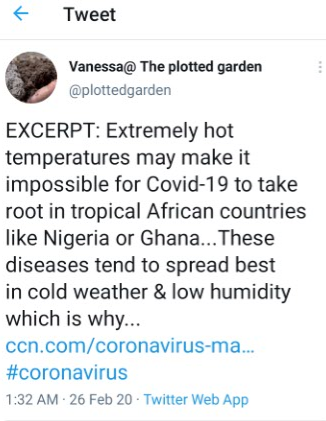
Higher death rate
The American based Center for Disease Control and Prevention (CDC) has said that older unvaccinated adults are more likely to be hospitalised or die from COVID-19, especially folks aged 60 years and above.
According to data from the World Population Prospects, the Population Division of the UN Department of Economic and Social Affairs, Nigeria recorded more deaths of adults over 60 years in the year 2020 than at any time in its history. 2020 was the year of the COVID-19 pandemic.
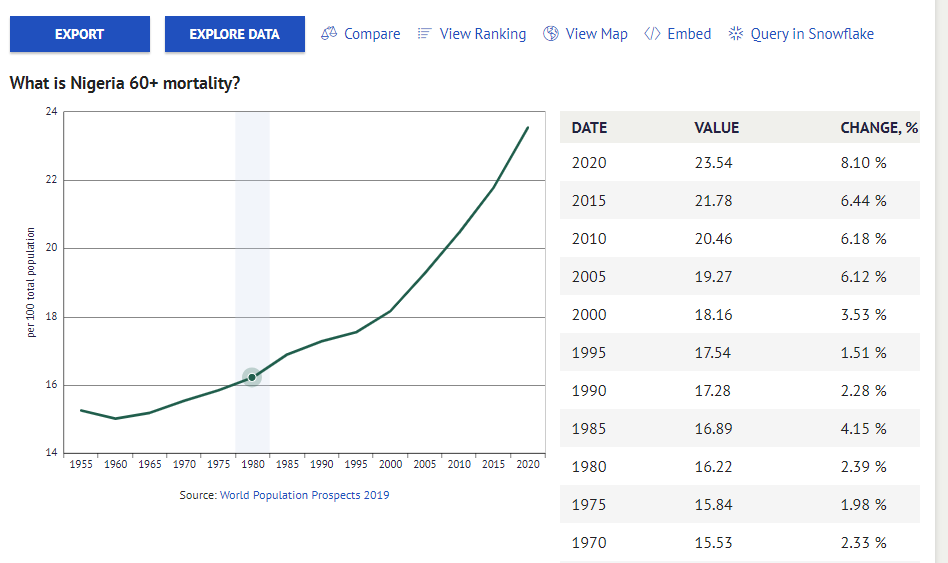
The data reveals that in the year 2020, the 60+ mortality rate rose the highest in Nigeria. The last count was in 2015, and the data shows a ratio of 22 per cent deaths per 100 population. In 2020, it jumped to 24 per cent per 100 population.
Deaths of prominent individuals and an unusually high number of burials were widely reported in the media in the early start of the pandemic in Nigeria.
For instance, within four months – April and August 2020, Chief of Staff to Nigeria’s President, Abba Kyari, and another close confidante of the President, Ismaila Isa Funtua, an ex-governor, Abiola Ajimobi, two senators; Buruji Kashamu and Bayo Oshinowo, were among those whose deaths were attributed to COVID-19.
In the Bayero University Kano (BUK), at least seven professors died between April and May 2020, three of the deaths occurred within 48-hours, reports the Thisday Newspaper of April 27., 2020.
The poor also died. For instance, according to the Daily Trust report of April 21, 2020, graveyards that were recording less than five burials per day in Kano, suddenly started witnessing more than 20 burials. On one particular day, the newspaper reported burials of at least 150 people in three Kano cemeteries, an average of 50 burials per cemetery
Nigeria’s Health Minister, Osagie Ehanire, confirmed that the higher deaths in Kano were COVID-19 related.
A public health consultant at the Lagos University Teaching Hospital (LUTH) who asked that her name not be mentioned because of a new directive by the government that they should stop granting interviews to journalists, explains why the deaths may have occurred in such large numbers.
“You notice that most of the people who died are elderly people. And we know that in the presence of underlying medical conditions like cancer, diabetes, hypertension, even HIV, the issue is that immunity has already crashed. It’s just like cough and catarrh, cough and catarrh are nothing. Its flu. But if your immunity is down, anybody that sneezes around you, you will get it. So, in the presence of a medically debilitating disease that is not properly managed, that already has rendered the person immune suppressed, COVID-19 can gain access and do harm,” she said.
Lessons from COVID-19 and Hygiene
The outbreak of COVID-19 has improved the hygienic habits of many Nigerians which Dr Funso-Adebayo said should become part of people’s lives.
He said: “The first time I went to Japan in 2005, I noticed that it was the culture to wear a facemask when you have the flu. So, even after SARS COV2, another virus is going to come. The new normal for us, washing your hands, putting on facemasks should continue. Your mask is preventing you from transmitting or infecting other people,” he said.
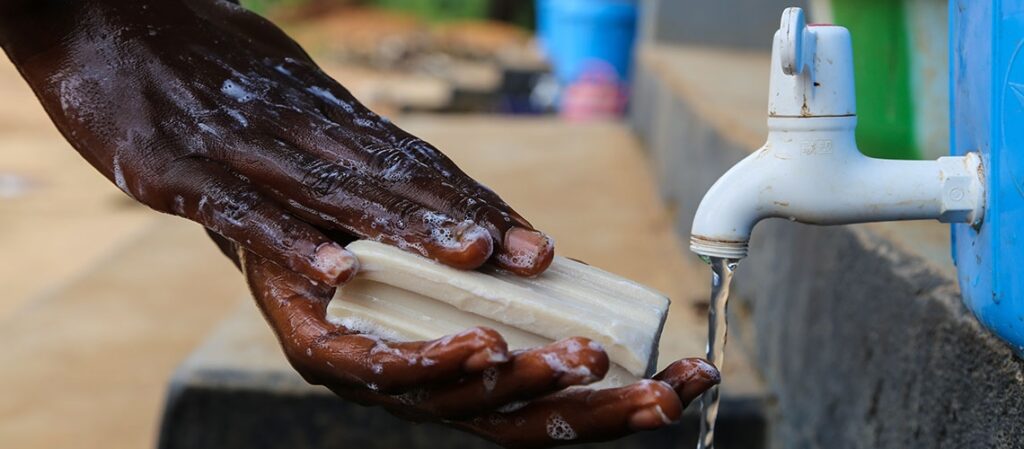
Lessons from COVID-19 and misinformation
Health misinformation easily goes viral for the main reason that people want to stay healthy, says an Optometrist, Dr Amaka Madu. But it usually turns out to be more deadly than the problem they are trying to solve, she says.
She recalled one misinformation about Ginger and Gallic as a cure for COVID-19, which could become harmful to ulcer patients.
She recommends regularly sensitization of the people to always check with their doctor for medical advice.
This publication was produced as part of IWPR’s Africa Resilience Network (ARN) programme, administered in partnership with the Centre for Information Resilience (CIR), the International Centre for Investigative Reporting (ICIR) and Africa Uncensored. For more information on ARN, please visit the ARN site: https://africaresiliencenetwork.com/


